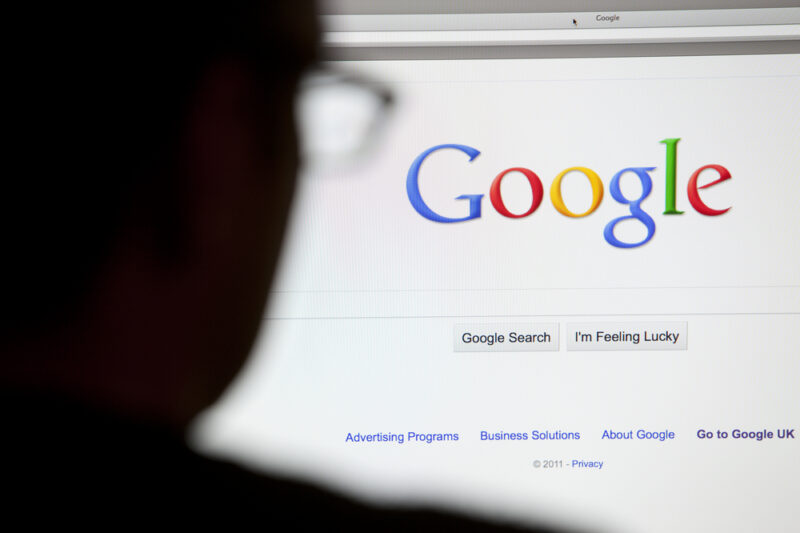
An overzealous attorney general is trying to police online speech by capitalizing on the reams of data Google stores about its users.
James Hood, Mississippi’s attorney general, has issued a whopping 79-page to Google asking for a massive amount of data about the identities, communications, searches, and posts of people anywhere in the United States who use its services, including YouTube and Google+.
The kicker? The state is asking for all this information for anyone speaking about something “objectionable,” “offensive,” or “tangentially” related to something “dangerous,” which it defines as anything that could “lead to physical harm or injury.” You read that right. The attorney general claims that he needs information about all of this speech to investigate Google for state consumer protection violations, even though the subpoena covers such things as copyright matters and doesn’t limit itself to content involving Mississippi residents.
Earlier this year, a district court judge froze Mississippi’s investigation into Google. The state appealed the ruling to the U.S. Court of Appeals for the 5th Circuit, where we filed a brief today against the attorney general’s attempt to violate the First Amendment rights of the millions of people who use the Internet.
The case has already gotten because of Google’s claims that Mississippi is attempting to censor its editorial choices, by dictating what can appear in search results or on YouTube, for example. Our brief attempts to highlight an overlooked aspect of the case – that millions of people’s rights to free speech, anonymity, and privacy are also at stake.
The government is well aware of all the personal information that’s being stockpiled online and often serves subpoenas on private companies for information about individuals and groups under investigation. But the Constitution has established protections that keep the government from getting into our business without just cause, especially when our First Amendment rights to express ourselves freely and anonymously are at stake.
Yet as we’re seeing in Mississippi, the government doesn’t always play by the rules.
We are increasingly seeing efforts by law enforcement to engage in wholesale monitoring of certain groups online. Just a couple of weeks ago, we learned for constitutionally protected activity. This kind of surveillance chills the exercise of our First Amendment freedoms, especially considering how much sensitive and important speech – like political or human rights advocacy – takes place on the Internet.
Needless to say, “objectionable,” “offensive,” or “tangentially” related to something “dangerous,” are terms that are so broad that they could encompass a huge swathe of content on the Internet – and result in information about millions of people’s online activity being handed over to the government. Virtually any topic could be said to “tangentially” lead to physical harm or injury in certain cases – from organizing protests to skydiving. Most importantly, the First Amendment protects the right to speak about dangerous, objectionable, and offensive things without fear that the government will be scrutinizing your speech or trying to find out your identity.
And let’s not assume it’s innocuous YouTube videos of , , or that the attorney general wants to waste his office’s time looking through – even though these would be covered by the subpoena. History has shown us that politically dissident and minority groups have been targeted for monitoring, and those are the groups that are most likely to be chilled from speaking. Politically active movements online, such as #BlackLivesMatter, often discuss strategy, organize protests, and post videos of police brutality (which certainly meets the attorney general’s definition of “dangerous”) online.
Not only that, but the right to online anonymity is threatened. can provide a safe space online for victims to speak anonymously and honestly, including about the dangers of violence they face. Yet these activities could be seriously harmed if Mississippi is allowed to collect information about the people who engage in them. It’s no stretch to imagine that people will speak less freely if things like their email addresses, login times, and IP addresses could be handed to law enforcement whenever they say something that could be considered dangerous or offensive.
For these reasons, we’re asking the 5th Circuit to order the state to back off and keep the Internet a place where people can speak freely, without fear of government harassment or investigation.


